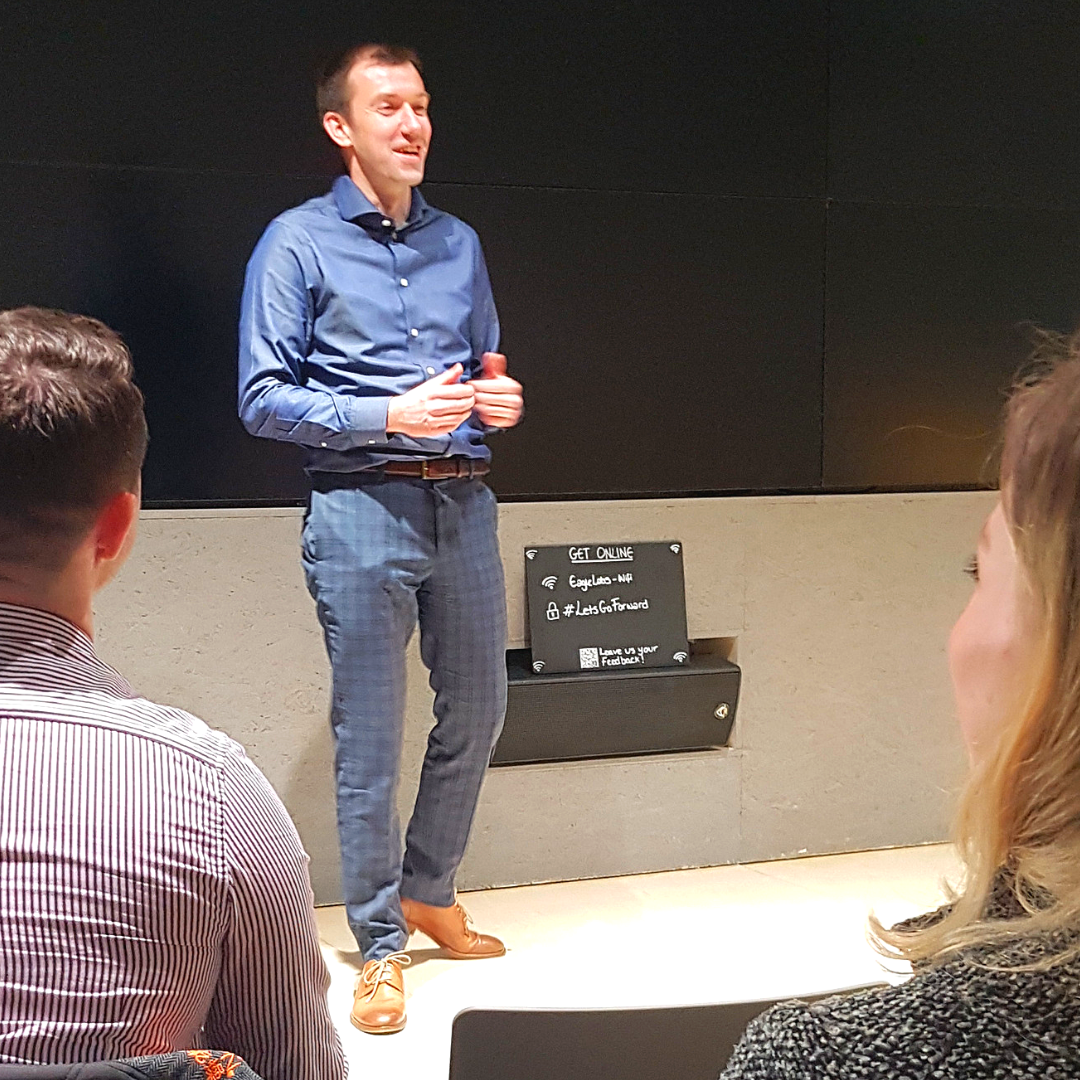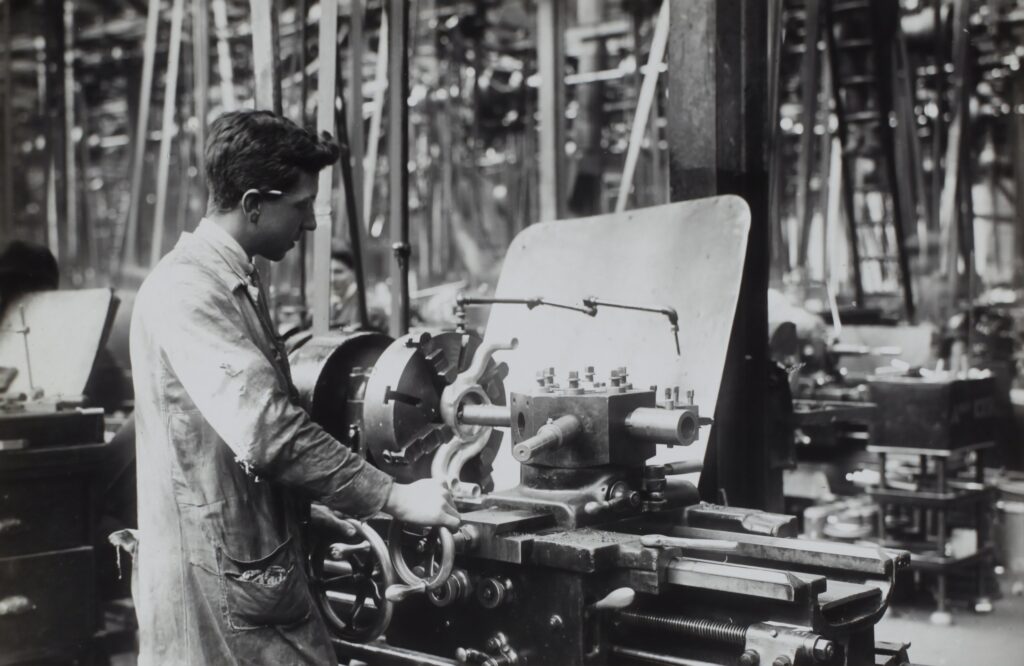To be seen possessing a high level of knowledge and experience, interviewees utilise interview formulas when answering interview questions. The interview formula allows applicants to have a structural approach to the job interview.
Having a structure to fall back on not only increases confidence, as the structure creates an order for the applicant to follow, but also presents the candidates competencies clearly to the employer, increasing the likelihood of a high scoring interview answer.
The formulas can be adapted to job roles across all sectors, and only requires the applicant to embed their own knowledge and experience to each formula.
Model and example (ME)
Referencing industry relevant theories and models in the interview answer highlights a level of knowledge, as the model is explained as a step-by-step process, before experience is shown through giving a real life example of using the model in a work situation.
This formula is powerful as it adds content to interview answers that may lack substance. The two parts complement each other as they repeat the same process but in two different ways logical (explaining the model and emotional (via storytelling)
Suitable for the following types of interview questions:
- ‘How do you assess risk?’
- ‘How do you collaborate with stakeholders?’
- ‘How do you manage your time?’
Example answer:
“When X I use the Y model (explain model in a step by step process) an example of this is when I (add example; situation, action, outcome)”
Experience, Qualification, Selling Point (EQS)
Stating the duration working in a sector improves perceived competencies as the association between time-served and knowledge is closely linked. Reinforcing sector knowledge by describing industry related qualifications backs-up the time-served/knowledge link. But as many interviewees will have a similar background, applicants need to stand out by highlighting an unknown unique selling point – explaining what they can bring to the team.
Suitable for the following types of interview questions:
- ‘What is your experience in this sector?’
- ‘Why should I hire you?’
- ‘What can you bring to the role?’
Example answer:
“With over X years in the sector and a qualification in Y, I have worked as a Z (add various roles). In that time I have been able to (add unique selling point)”
Problem, Actions, Outcome (PAO)
Behavioral interview questions are designed to predict job performance based on an applicant’s previous actions. Therefore, candidates must ensure they explain the circumstances of the situations they will describe as this offers context to the employer, allowing the interviewer to better understand why certain actions were undertaken. The interview answer needs to end with an outcome, which could include lessons learnt, a new approach or an increase in profits.
Suitable for the following types of interview questions:
- ‘Give me an example of…’
- ‘When have you ever…’
- ‘What experience do you have in…’
Example answer:
“When working at X, Y happened (add specific problem) which could have resulted in Z. To solve this problem I (add specific actions) which resulted in (add positive outcome)”
Barriers, Solution, Projected Outcome (BSPo)
For future scenario interview answers it is important for an applicant to show how they understand the threat of the potential situation – the barriers this problem would create, as this shows industry insight. Stating the specific actions that need to be taken shows expertise and competencies, and stating how these actions would have a positive intent can highlight the added value the applicant can bring to the team.
Suitable for the following types of interview questions:
- ‘What would you do if…’
- ‘How would you approach..’
- ‘If you were working on X project, what would you need to consider?’
Example answer:
“If this situation was to happen, my concerns would be A (add potential barriers). To take action I would B (add specific actions). The outcome of this would be C (state positive outcome including the benefits to the company)

Pro and Con (PC)
The frame of some interview questions can be seen as a trap, with an interviewer asking for an opinion. If the opinion given by an applicant is one that resonates with the employer the interview answer will score high, but if the opposite is true the answer will be marked low.
In this situation, applicants can hedge their bets by answering all options in all ways, ensuring one of the elements of the interview answer will resonate.
Suitable for the following types of interview questions:
- ‘What is more important X or Y?’
- ‘What is your opinion about X?’
- ‘Are you A or B?’
Example answer:
“What I like about X is (add pro’s) but you also have to consider (add Con’s)”
For the multiple-choice answer, applicants can repeat the formula for the second part of the question. The 3rd example interview question is often stated to check an applicant’s temperament or working style – “Are you a task starter or task finisher?” This type of interview question is used in strength-based interviews. Similarly, applicants can explain the pro and con of each trait, but it is likely that the interviewer will push for a direct answer.


















